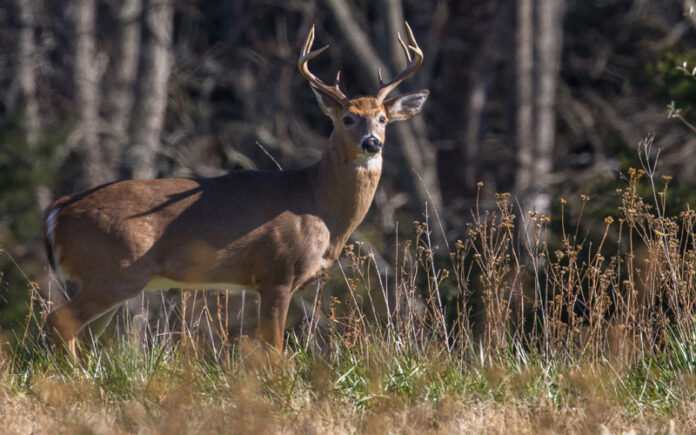MONTGOMERY COUNTY, Va. (WRIC) – A study by researchers at Virginia Tech has found that the virus that causes COVID-19 is widespread among wildlife, creating the possibility of dangerous new mutations.
The virus, SARS-CoV-2 was found in six common backyard species and antibodies indicating previous exposure were found in five species, with rates of exposure ranging from 40 to 60% depending on the species, according to the university.
A spokesperson said the study further supports that SARS-CoV-2 has been transmitted from humans to animals.
The highest exposure to SARS CoV-2 was found in animals near hiking trails and public areas that were highly used by humans, which suggests that the virus passed from humans to wildlife, according to Virginia Tech scientists.
“The findings highlight the identification of novel mutations in SARS-CoV-2 in wildlife and the need for broad surveillance. These mutations could be more harmful and transmissible, creating challenges for vaccine development,” a spokesperson said.
Despite this, scientists said they did not find evidence of the virus being transmitted from animals to humans.
Through the study, researchers tested animals from 23 common species in Virginia for active infections and antibodies that indicate previous infections.
Signs of the virus were found in raccoons, deer mice, groundhogs, Eastern cottontail rabbits, Virginia opossums and Eastern red bats. The virus in one opossum showed viral mutations that were previously unreported and can potentially help scientists learn more about how the virus affects humans and their immune response.
